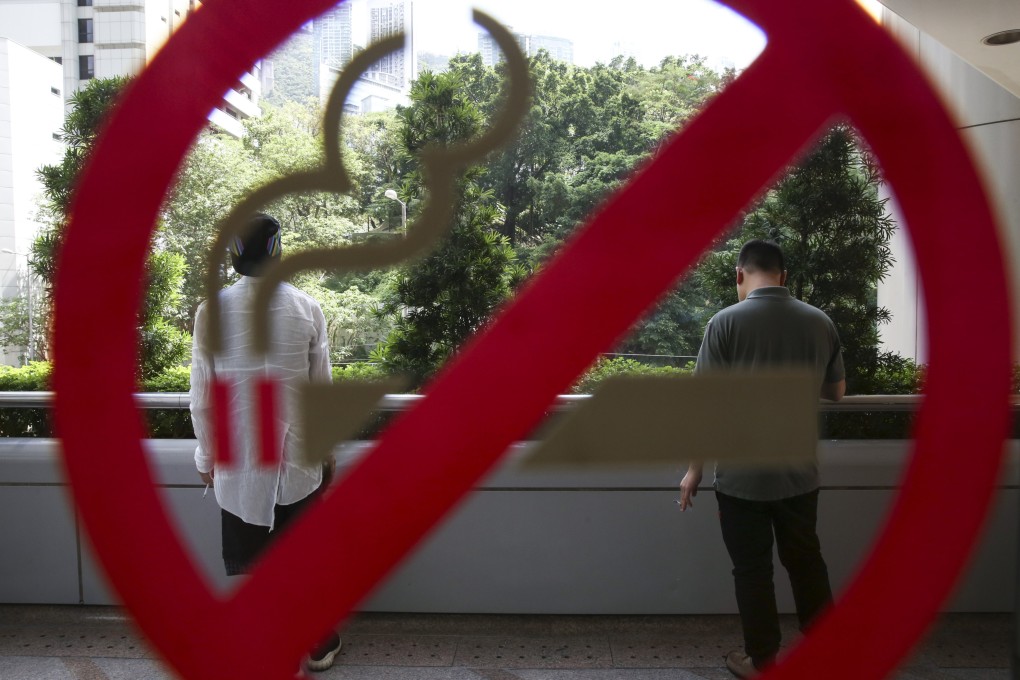Letters | Hong Kong should clamp down on all tobacco use, not just new products
- Readers discuss the need for stronger restrictions on tobacco use, a Chinese space mission, a Shanghai ban on English exams, and the arrest of HKU students

Hong Kong prides itself on being a liberal society where market forces compete freely, consequently propping up the economy and indirectly the lives of its residents. However, as much as I appreciate capitalism, it cannot run unchecked.
Another example is the tobacco industry. Much like with the gun industry, there is no real advantage in having it around, and yet it remains through the sheer power of money, invested heavily in lobbying.
I myself indulge in the occasional cigarette socially. In my experience, it is a great way to meet people or even further relationships with acquaintances. Recently, I even found myself vaping on those social occasions to avoid the reportedly more harmful effect of tobacco, which has only increased my weekly usage of nicotine products.
I am a social creature and thus find it difficult to dismiss such harmful habits although I am fully aware of their damaging effects, that is, unless I am forced to curb such conduct because of higher taxes on tobacco (like in the United Kingdom) or the expansion of no-smoking zones (combined with effective policing).